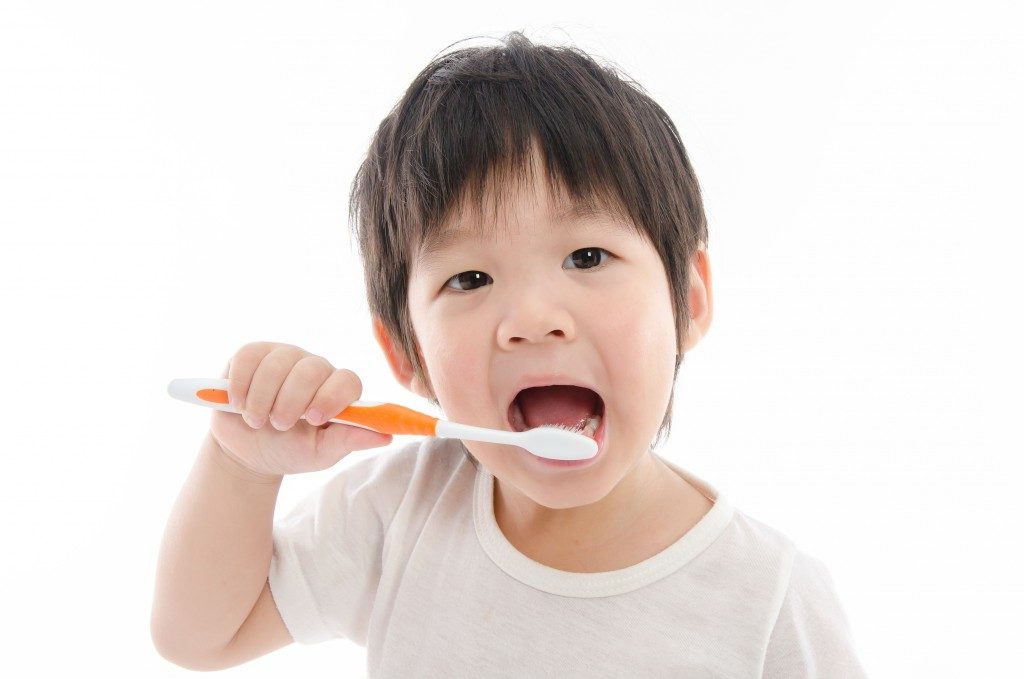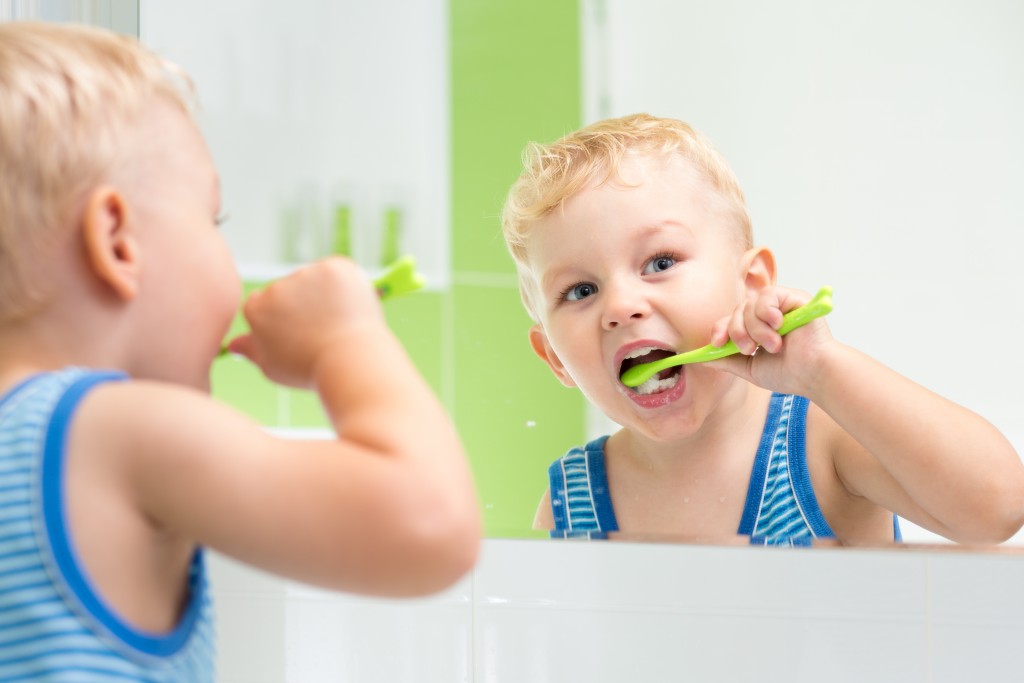Poor oral hygiene habits, which include using inefficient brushing or forgetting to brush, can contribute to dental health problems like early childhood tooth decay. This can then increase the likelihood of having the same poor habits in adult years, as well as decay or cavities in permanent teeth.
Children’s dental clinics in Flourtown note that this only makes it important to establish good oral hygiene routine in the early stages of life. This means introducing the habit of tooth brushing daily, while also making sure that your little one understands the importance of good oral hygiene.
Letting Kids Brush Alone
There is also, of course, the issue of letting young kids brush their own teeth. While you may notice or think that your little one can brush alone too early, letting your kid do so without adequate supervision could be a mistake for their oral health.
There is no definite answer as to when kids are old enough to brush their own teeth. This is because every child is different and their ability to do the task independently will depend on their own development. This also includes their skills and behaviors.
The Deal with Fine Motor Skills
One sign that your child can brush independently is when they have developed fine motor skills. Fine motor movements involve the coordination of smaller muscle groups like hands, wrist, and fingers. Some examples of fine motor skills include holding the brush, moving it the right way, and applying pressure when cleaning the teeth.
Children need to improve and develop these skills to brush their teeth the right way. One way to assess if they have developed fine motor skills is to observe or look at how they handle other tasks. If they can tie their shoelaces, eat with cutlery, hand write clearly, or cut using scissors, they can probably brush their own teeth independently and properly.
Doing it Right and Being Responsible
If your kids display a better behavior, especially in keeping themselves clean, they may be ready in brushing their own teeth. This also means being interested in personal hygiene, not throwing tantrums when it’s time to take a bath, washing their hands after playing and before eating, and other areas of personal hygiene.

You should also take note that brushing requires discipline and responsibility, so your little one needs to show signs of being responsible in different areas of life. These include doing regular household chores, finishing their homework, or even choosing their clothes for the day. If they can manage their time and follow instructions, they may be responsible enough to brush independently.
Telling your children to brush their teeth is not enough, as you need to make sure that they do it right. Just like adults, kids also need to brush at least twice a day for two minutes each time. Many say kids can do the brushing on their own at age eight to 10, but it is best to supervise the habit until age 12. It is also a good idea to talk to your dentist about keeping your child’s teeth strong and healthy.

